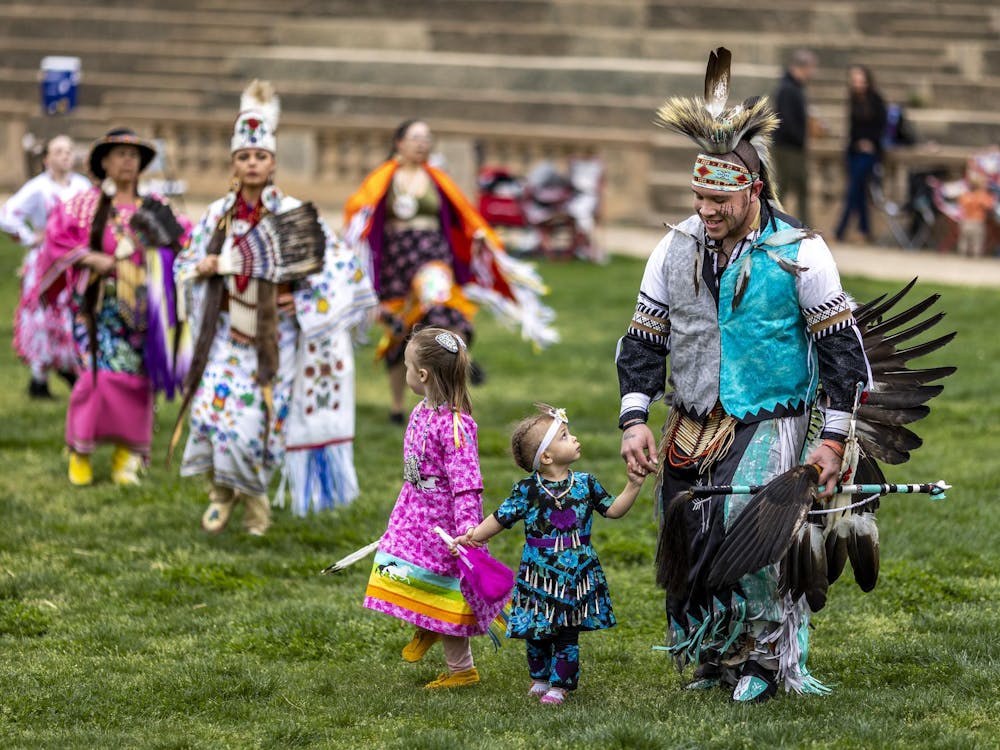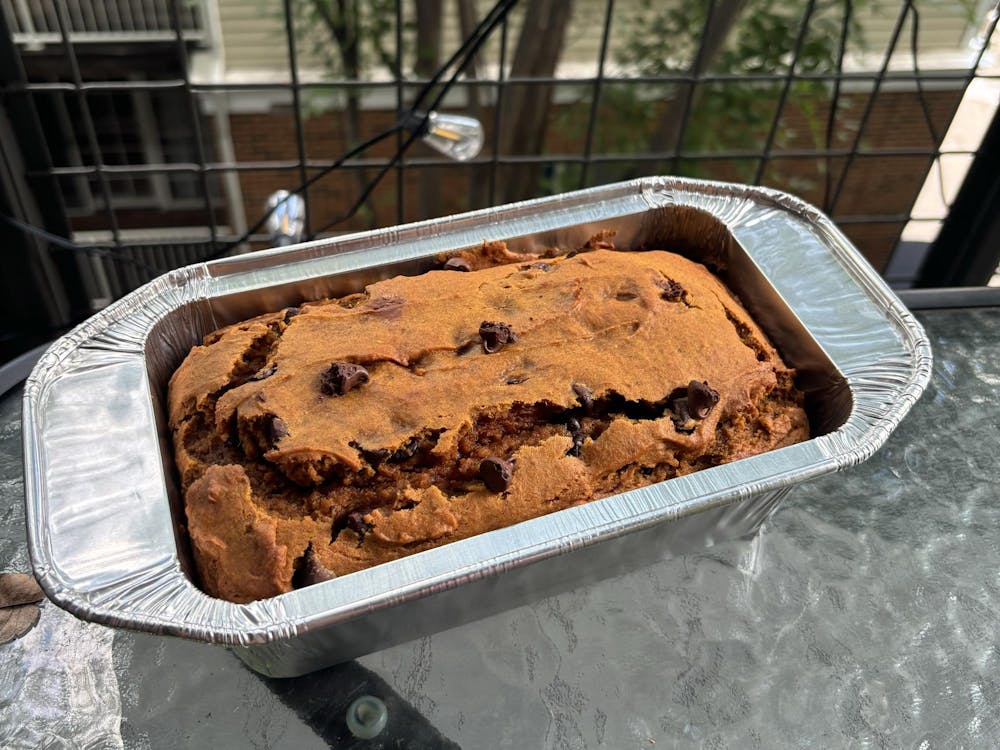In a moment in between midterm-induced nail biting and Clemons-dwelling, my friends and I retreated to Newcomb for a quick lunch. As we settled into our meal, one friend relayed to the table her morning struggle to find a clean shirt to wear to class. Commonplace as this may seem — shockingly enough, laundry doesn’t top the list of fun things to do in college on weekends — there was something about the way my friend articulated her concern which caught my attention.
She followed up her story by mentioning she often judges people harshly for wearing stained clothing in public, and that tendency accounts for her own insecurity when looking through her closet in the morning. Of course, it’s pretty widely understood that we, as people, have a tendency to judge one another based on fleeting first impressions and trivialities, like someone’s mannerisms or way of dress. But my friend’s comment made me think: who exactly is benefitting from this constant process, this split-second character assessment?
I think many would be quick to answer this question by saying people tend to judge others because it makes them feel better about themselves. That seems valid enough — except for the fact that my friend from lunch, for example, is surely not feeling so hot about herself when she’s frantically washing stains out in the sink and neurotically arming herself with Tide-to-Go in the mornings. I’d say, if anything, being judgmental is making us feel worse.
I’ve always considered myself one who doesn’t like to judge. In fact, I like to fancy myself as wholly accepting. You want to rock a deodorant-stained T-shirt to class? Go for it — who has time to wash those off anyway? You want to streak the Lawn in subzero temperatures on a regular basis? Do it. I admire your free-spiritedness. You want to build a shrine in your apartment dedicated to the fervent worship of Joe Harris’ jump shot? I can’t say I blame you for that one.
Yes, I’m basically a young Mother Teresa. But in making such a production of my own tolerance, I have to ask myself whether my unfaltering openness isn’t fostering a closed-minded attitude toward those who may feel differently than I do.
I find myself quick to attribute the phrase “homophobic bigot” to any person who drops the word “fag” in conversation. I’m severely judgmental of the girl who calls her friend a “slut” because of her presumably antiquated set of values. Even the most fleeting of quasi-racist comments leave me with a bad taste in my mouth in regards to the obviously uncultured, tasteless person who spoke them.
It’s hard to reconcile making these quick assessments of people with claiming to be so open-minded to all differences of opinion. At some point, I think it’s important for me to make a concerted effort to see where these people are coming from.
That being said, I think it’s necessary to recognize people don’t form their opinions in a nonpartisan vacuum. Rather, viewpoints are shaped by where we come from and how we are raised. People are essentially products of their environments. With that in mind, perhaps intolerance is not so much an issue of a few individual bigots, but an issue born of a society which normatively sanctions bigotry.
Of course, I don’t know how valid any of this is — I’m just one person speculating the nature of one of the most prevalent social issues of today. Clearly I’m not suggesting I have all the answers. What I am suggesting, though, is we all take a few moments to collect our thoughts before forming a definitive opinion of what someone’s all about. I have reason to believe there’s something to be said about the growth which could result from us trying — and I mean really trying — to understand each other.
Victoria’s column runs biweekly Tuesdays. She can be reached at v.moran@cavalierdaily.com.




